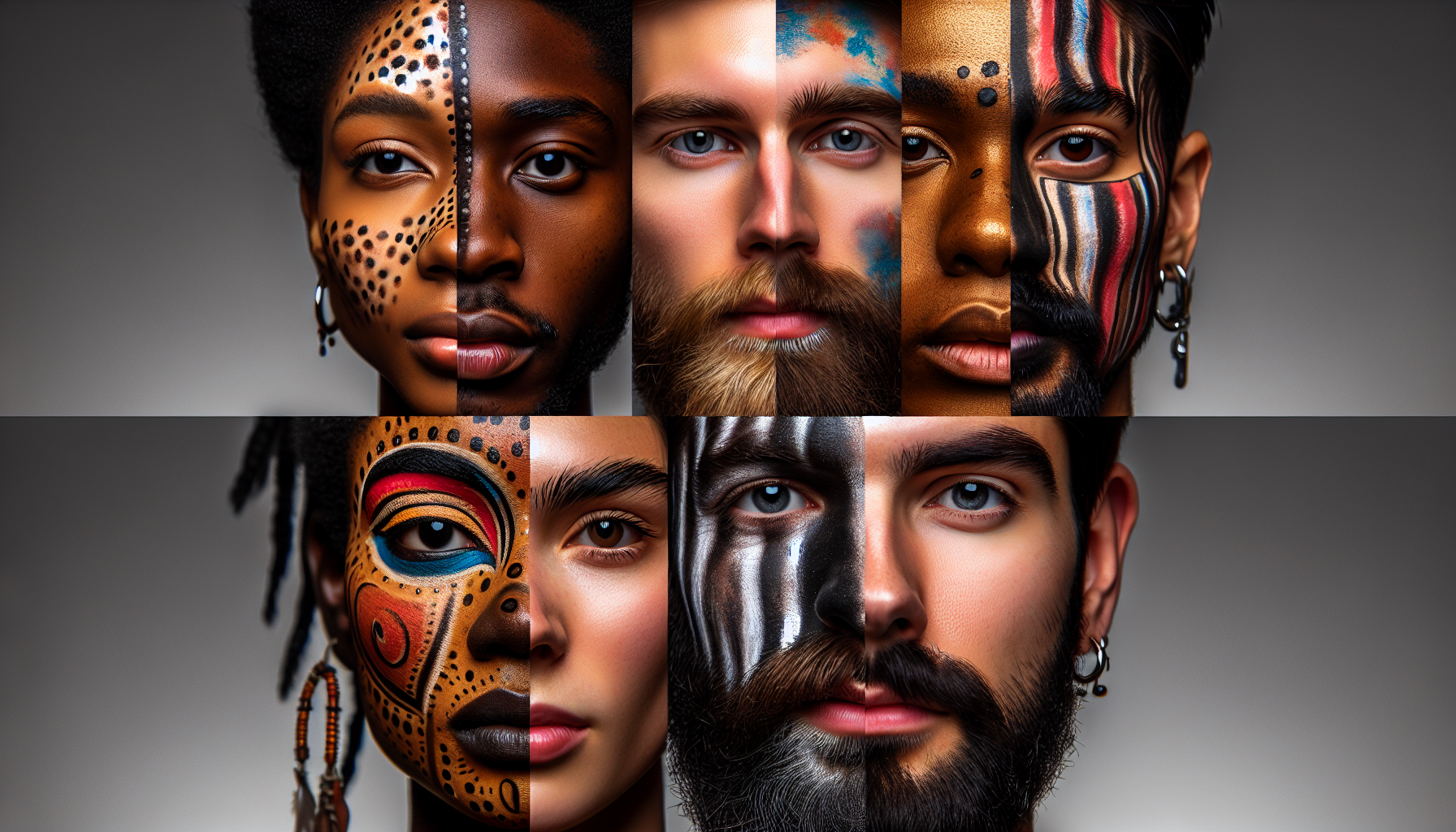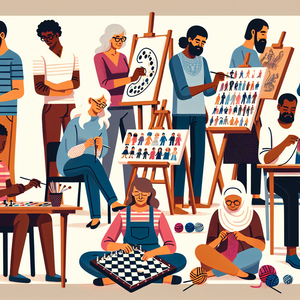Beyond the Medal: The Hidden Earnings of Olympians

Sponsorships represent a vital income source for many Olympians, as brands are eager to associate themselves with athletes who exemplify excellence, hard work, and the competitive spirit. Sponsorship deals can vary widely, with some athletes earning a few thousand dollars while others secure multi-million-dollar contracts based on their visibility and marketability. Take American swimmer Michael Phelps, for example, who is recognized as one of the most decorated Olympians in history. Over his career, Phelps secured endorsement deals estimated at around $100 million, with brands like Speedo and Under Armour benefitting from his success. His achievements not only elevated his own financial standing but also provided a significant marketing boost for the brands he represented. Conversely, lesser-known athletes may receive smaller sponsorship deals, yet these can still provide essential financial backing.
Endorsements Beyond Medals
Endorsements are not exclusive to medal-winning athletes. Many athletes who exhibit exceptional talent, charisma, or resonate with audiences through compelling personal stories can attract sponsorship opportunities regardless of their Olympic success. Gymnast Simone Biles serves as a prime example; despite not winning every competition she entered, her prominence and marketability enabled her to secure lucrative deals with major brands like Nike and Kellogg’s. This demonstrates that charisma and relatability can often carry as much weight as medals. Moreover, athletes often diversify their endorsement portfolios by partnering with brands that align with their values or interests. This can lead to long-term relationships and sustainable income. Professional snowboarder Chloe Kim has utilized her platform not only to excel in her sport but also to advocate for mental health awareness. By forging connections with brands that share her advocacy, she has effectively enhanced her marketability while supporting causes that matter to her.
Appearance Fees and Competitive Events
Beyond sponsorship and endorsement deals, many Olympians can supplement their income through appearance fees at various events and competitions. Promoters often invite athletes to participate in exhibitions, speaking engagements, or promotional events, compensating them for their presence and expertise. This additional revenue stream can be crucial, especially for athletes competing in less commercially viable sports. For instance, Olympic figure skaters frequently receive invitations to perform in ice shows and exhibitions, where they can earn substantial fees. Similarly, athletes from niche sports like fencing or archery may find opportunities to participate in corporate events or sports clinics, further augmenting their income. These appearances provide a unique opportunity for athletes to leverage their skills and fame in ways that go beyond traditional competition.
The Role of Social Media
In our digital age, social media has emerged as a powerful tool for Olympians to monetize their personal brands. Platforms like Instagram and YouTube allow athletes to share their journeys, engage with fans, and showcase their personalities. Brands are increasingly keen to partner with athletes who have a robust social media presence, recognizing the potential for targeted marketing and access to dedicated audiences. Olympic sprinter Allyson Felix stands as a compelling example of how social media can amplify an athlete's message and create additional revenue streams. By raising awareness around maternal health and women’s rights, she has attracted sponsorships that align with her advocacy. Athletes who authentically share their narratives and values can cultivate a loyal following, enhancing their marketability.
While the Olympic Games spotlight the pinnacle of athletic achievement, the financial realities faced by Olympians extend far beyond the medals they earn. Hidden earnings through sponsorships, endorsements, appearance fees, and social media engagement paint a more comprehensive picture of an athlete's financial landscape. As the sports industry continues to evolve, understanding these diverse income streams becomes essential for aspiring athletes, fans, and stakeholders alike. By recognizing the multifaceted nature of athlete earnings, we can appreciate not only the glory of Olympic competition but also the hard work, strategic planning, and entrepreneurial spirit that underpin successful athletic careers. In a world where financial sustainability is paramount, the journey of Olympians is as much about the pursuit of success off the field as it is about the competition itself.
Sports Marketing Manager
Sports agencies (e.g., Octagon, Wasserman), athletic brands (e.g., Nike, Adidas)
Core Responsibilities
Develop and execute marketing strategies for athletes, focusing on building their personal brands and maximizing sponsorship opportunities.
Manage relationships with brands and sponsors to create mutually beneficial partnerships.
Analyze market trends and athlete performance to adjust marketing tactics accordingly.
Required Skills
Strong understanding of brand management and digital marketing strategies.
Excellent communication skills for negotiation and relationship building.
Experience in social media marketing and influencer engagement.
Athlete Brand Consultant
PR firms, sports management companies, freelance consulting
Core Responsibilities
Advise athletes on personal branding strategies, including social media presence and public image.
Assist in creating content that resonates with target audiences and enhances marketability.
Help athletes identify and engage with appropriate sponsorship and endorsement opportunities.
Required Skills
Experience in public relations or marketing, specifically within the sports industry.
Knowledge of digital content creation and social media strategies.
Strong analytical skills to assess the effectiveness of branding efforts.
Sports Financial Advisor
Financial advisory firms, boutique agencies specializing in sports
Core Responsibilities
Provide financial planning and investment strategies tailored to the unique income streams of professional athletes.
Educate athletes on managing their earnings, retirement planning, and tax implications of sponsorship deals.
Assist in negotiating contracts and understanding financial terms of endorsements and appearance fees.
Required Skills
Certification in financial planning (e.g., CFP) and experience with high-net-worth clients.
Strong understanding of the sports industry and the financial implications of various income sources.
Excellent interpersonal skills to build trust and rapport with clients.
Social Media Strategist for Athletes
Sports marketing agencies, in-house teams for sports organizations, freelance opportunities
Core Responsibilities
Develop and implement social media strategies that enhance athlete visibility and engagement with fans.
Create compelling content that aligns with the athlete's brand and advocacy efforts.
Monitor and analyze social media metrics to refine strategies and enhance brand growth.
Required Skills
Proficiency in social media platforms and analytics tools.
Strong writing and storytelling skills to create engaging posts and campaigns.
Knowledge of current trends in sports marketing and athlete branding.
Event Coordinator for Athletic Promotions
Event planning companies, sports teams, and organizations, marketing agencies specializing in sports events
Core Responsibilities
Plan and execute promotional events featuring athletes, such as meet-and-greets, exhibitions, or sponsorship launches.
Collaborate with marketing teams to ensure events align with branding and promotional goals.
Manage logistics, vendor relationships, and budgets for successful event execution.
Required Skills
Strong organizational and project management skills.
Experience in event planning, particularly within the sports or entertainment industry.
Excellent communication and networking abilities to coordinate with various stakeholders.


